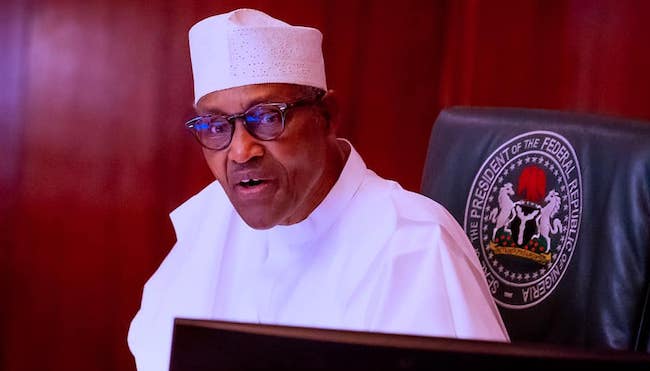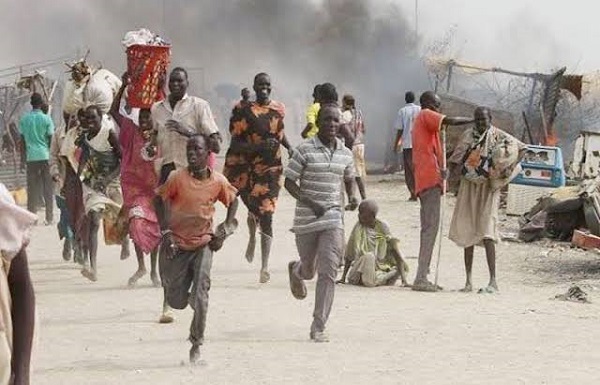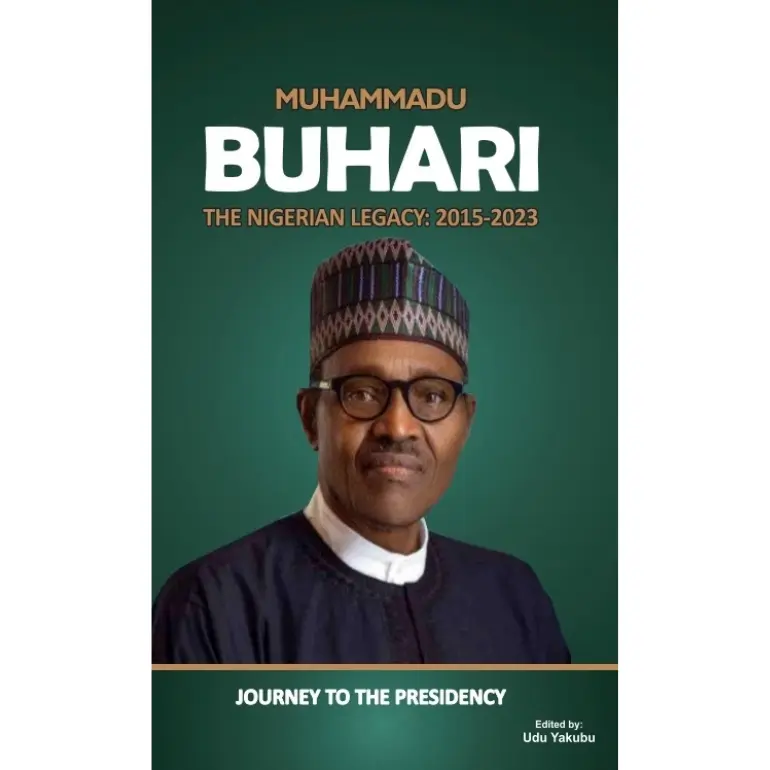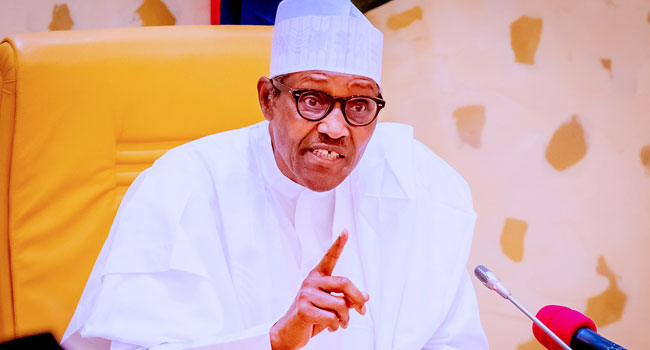 CurrentReportBlog Former Nigerian President Muhammadu Buhari recently reaffirmed his administration’s legacy, stating that Nigeria witnessed notable improvements in security and economic stability during his eight-year tenure (2015–2023). Speaking to the Katsina State Correspondents’ Chapel of the Nigerian Union of Journalists at his Daura residence on February 5, Buhari reflected on his time in office, emphasizing progress amid inherited challenges.
CurrentReportBlog Former Nigerian President Muhammadu Buhari recently reaffirmed his administration’s legacy, stating that Nigeria witnessed notable improvements in security and economic stability during his eight-year tenure (2015–2023). Speaking to the Katsina State Correspondents’ Chapel of the Nigerian Union of Journalists at his Daura residence on February 5, Buhari reflected on his time in office, emphasizing progress amid inherited challenges.
Context: Inheriting a Nation in Crisis Buhari underscored the difficulties his administration faced upon taking office in 2015, citing a struggling economy and escalating security threats, including Boko Haram’s insurgency. He attributed these challenges to the preceding People’s Democratic Party (PDP)-led government, stating that “urgent attention” was required to stabilize the nation.
Security: Claims of Progress Against Insurgency Addressing security, Buhari highlighted efforts to combat terrorism and restore stability. While acknowledging persistent threats, he asserted that his government “significantly degraded” Boko Haram’s capabilities, reclaiming territories once under insurgent control. The former president also referenced initiatives to modernize the military and strengthen regional security collaborations, though specific metrics were not provided. 
Economy: Reforms and Recovery
On economic growth, Buhari pointed to policies aimed at diversifying Nigeria’s oil-dependent economy, including investments in agriculture and infrastructure. He noted the administration’s focus on social welfare programs, such as the TraderMoni scheme and the Anchor Borrowers’ Program, designed to support small businesses and farmers. Despite global economic headwinds and recessions during his tenure, Buhari maintained that his reforms laid a “foundation for sustainable growth.”
Looking Ahead: Confidence in Continued Progress
Expressing optimism, Buhari remarked, “Things will continue to improve in Nigeria,” voicing confidence that ongoing policies under his successor, President Bola Tinubu, would build on his administration’s efforts. He urged Nigerians to remain patient, emphasizing that long-term stability requires time and sustained commitment.
 Public Discourse and Legacy
Public Discourse and Legacy
Buhari’s remarks have reignited discussions about his legacy. Supporters argue that his tenure stabilized key sectors amid unprecedented challenges, while critics highlight unresolved issues such as widespread insecurity and economic inequality. The debate underscores the complexity of evaluating presidential legacies in a nation as dynamic as Nigeria.
As Nigeria navigates its current challenges, Buhari’s recent comments serve as a reminder of the contentious yet critical task of nation-building. Whether history aligns with his assessment or not, his statements invite reflection on the evolving narrative of Nigeria’s development. What lessons can future leaders draw from this era? Share your thoughts in the comments below.












